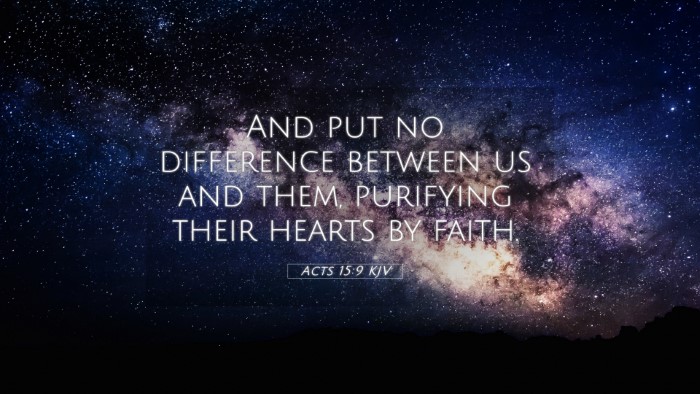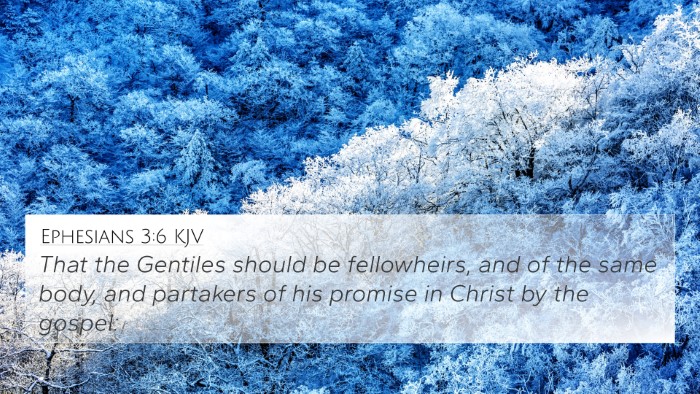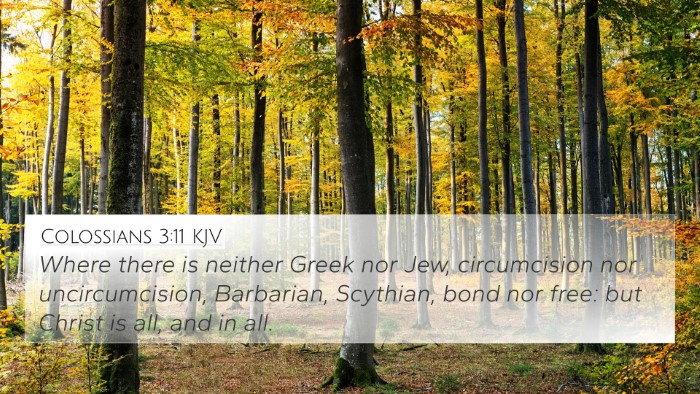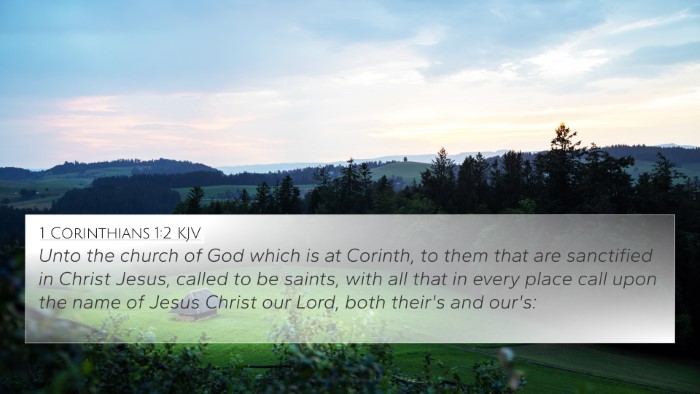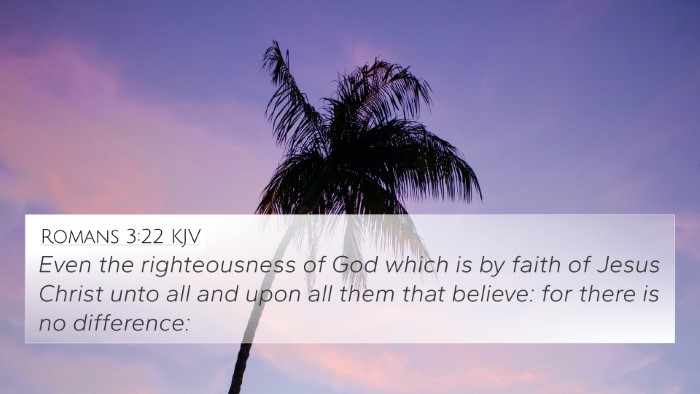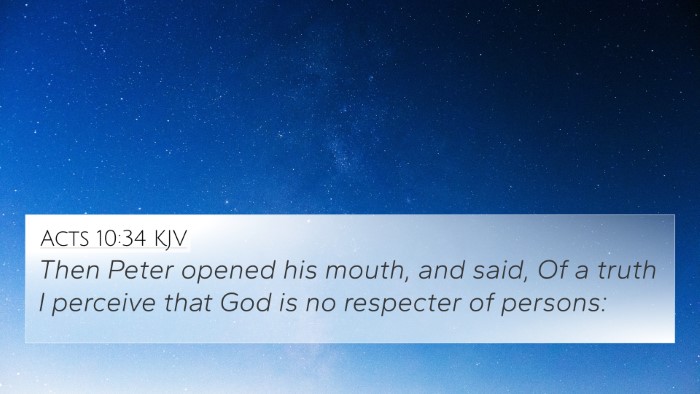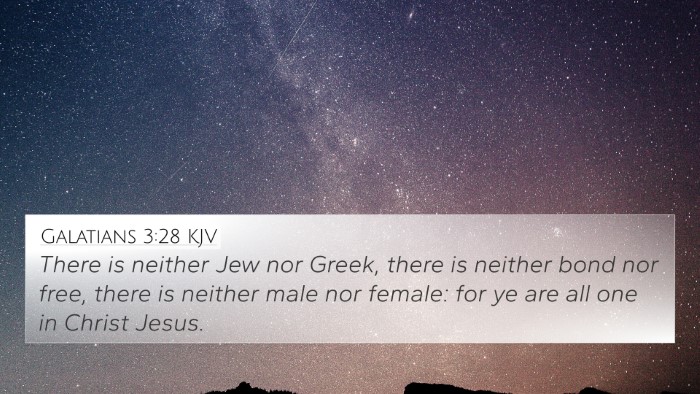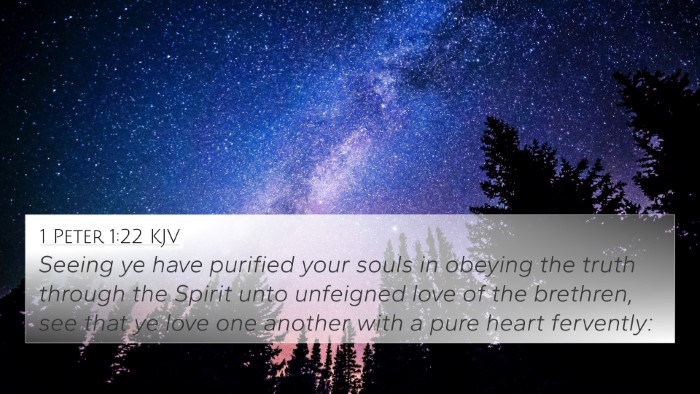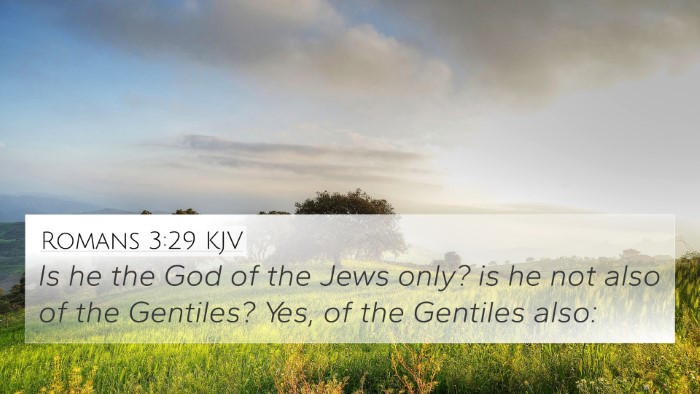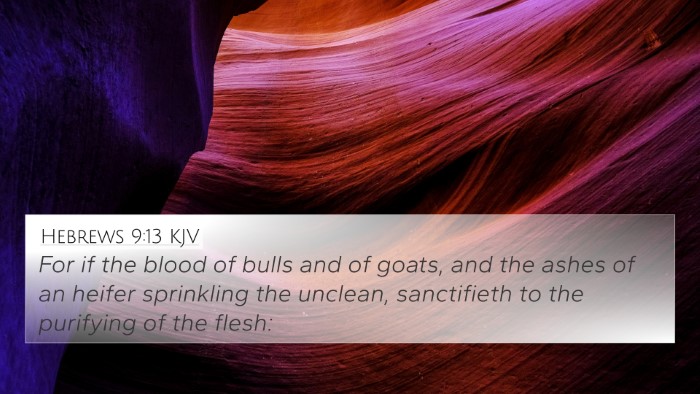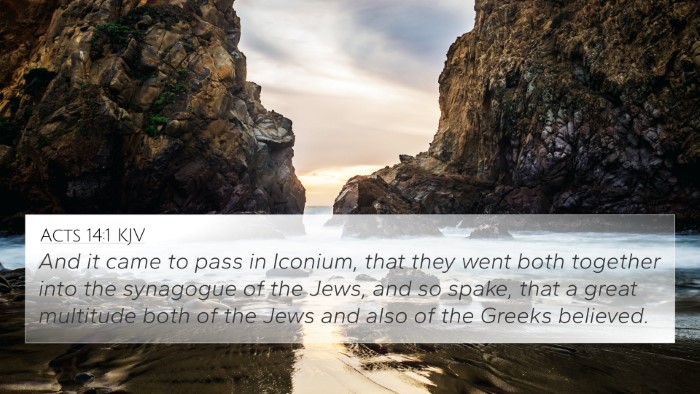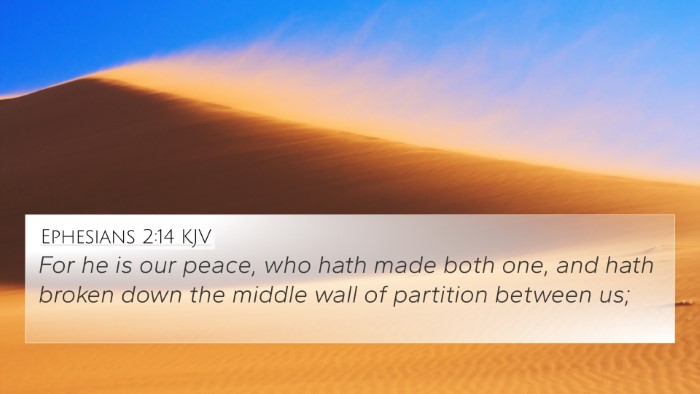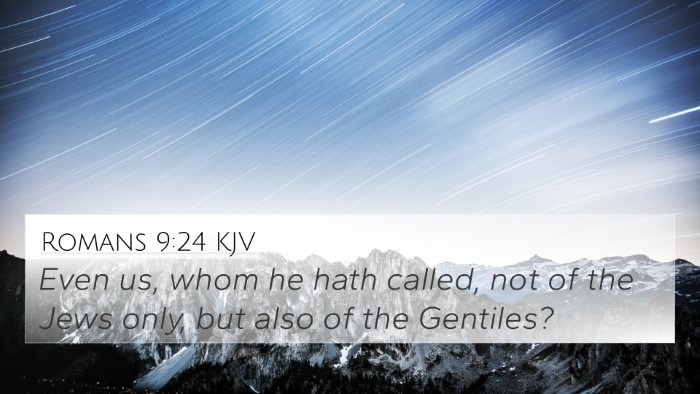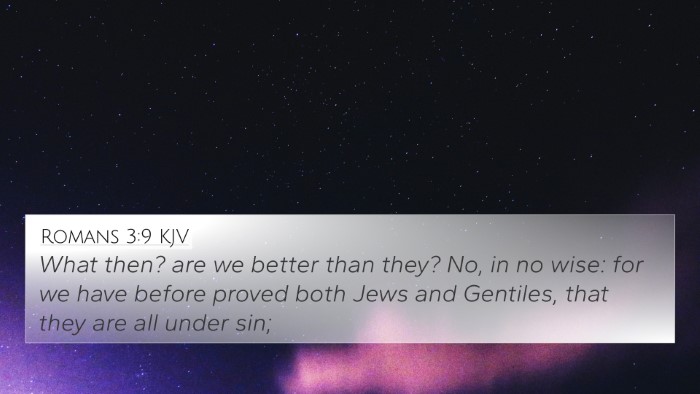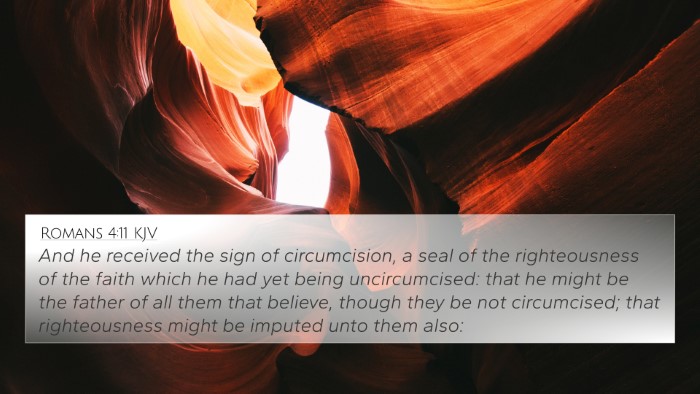Understanding Acts 15:9
Acts 15:9 states, "And put no difference between us and them, purifying their hearts by faith." This verse is crucial in understanding the early church's struggle with the acceptance of Gentiles and the implications of faith in Christ.
Summary of Insights
The commentaries by Matthew Henry, Albert Barnes, and Adam Clarke provide a comprehensive exploration of the significance of this verse. Here’s a synthesis of their perspectives.
Matthew Henry’s Commentary
Matthew Henry emphasizes that this statement highlights the unity among believers regardless of their ethnic backgrounds. The notion of "putting no difference" underscores God's impartiality in salvation. Henry indicates that purification of hearts through faith implies that it is not adherence to the Mosaic Law that cleanses the heart, but faith in Jesus Christ.
Albert Barnes’ Commentary
Albert Barnes explains that the early church leaders recognized that faith was the means of achieving purity before God. He notes that the phrase "purifying their hearts by faith" suggests a transformative process that is purely of divine origin. Barnes further asserts this verse affirms that both Jews and Gentiles are equally accepted into the fold of God, reinforcing the principle of grace over law.
Adam Clarke’s Commentary
Adam Clarke elaborates on the idea of God's mercy extending beyond Israel to encompass all nations. He points out that the purifying work of faith is a central theme in Christian doctrine, indicating that the heart's purification is vital for entering the community of believers. Clarke believes that this reflects a deeper theological understanding of sin and redemption in a broader context.
Bible Verse Cross-References
To further understand Acts 15:9 and its context, several Bible verses provide relevant connections:
- Romans 3:22 - "Even the righteousness of God which is by faith of Jesus Christ unto all and upon all them that believe: for there is no difference."
- Ephesians 2:14-16 - "For he is our peace, who hath made both one, and hath broken down the middle wall of partition between us."
- Galatians 3:28 - "There is neither Jew nor Greek, neither bond nor free, neither male nor female: for ye are all one in Christ Jesus."
- Colossians 3:11 - "Where there is neither Greek nor Jew, circumcision nor uncircumcision, barbarian, Scythian, bond nor free: but Christ is all, and in all."
- 1 John 1:7 - "But if we walk in the light, as he is in the light, we have fellowship one with another, and the blood of Jesus Christ his Son cleanseth us from all sin."
- Acts 10:35 - "But in every nation he that feareth him, and worketh righteousness, is accepted with him."
- Romans 10:12 - "For there is no difference between the Jew and the Greek: for the same Lord over all is rich unto all that call upon him."
Thematic Bible Verse Connections
The connections between Acts 15:9 and these verses illustrate a significant theme in the Bible concerning the inclusiveness of the Gospel. By purifying hearts through faith, the New Testament message emphasizes transformation and unity among diverse peoples.
Inter-Biblical Dialogue
The dialogues captured in these verses reflect a powerful narrative of God's redemptive work, assuring us that faith supersedes cultural and ethnic divides. This notion invites deeper exploration into how believers today can foster a community that mirrors the early church's values as highlighted in Acts 15:9.
Tools for Bible Cross-Referencing
For those wishing to dive deeper into cross-referencing Biblical texts, the following tools can be extremely helpful:
- Bible Concordance - An index that lists words found in the Bible and where they appear.
- Bible Cross-Reference Guide - A tool to help locate verses that relate to a specific topic or theme.
- Bible Reference Resources - Collections of commentaries, encyclopedias, and maps that aid in understanding scripture.
- Cross-Reference Bible Study - Methods for exploring scriptural links and themes.
Conclusion
Acts 15:9 serves as a cornerstone for understanding the nature of salvation and the inclusivity of the Christian faith. By recognizing the importance of faith over cultural distinctions, believers can appreciate the broader implications of God’s grace and mercy at work in both the early church and the present-day context.

